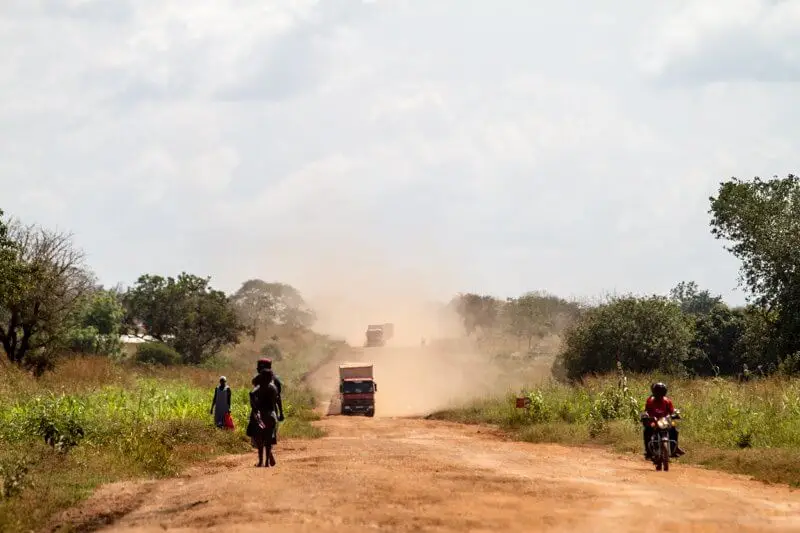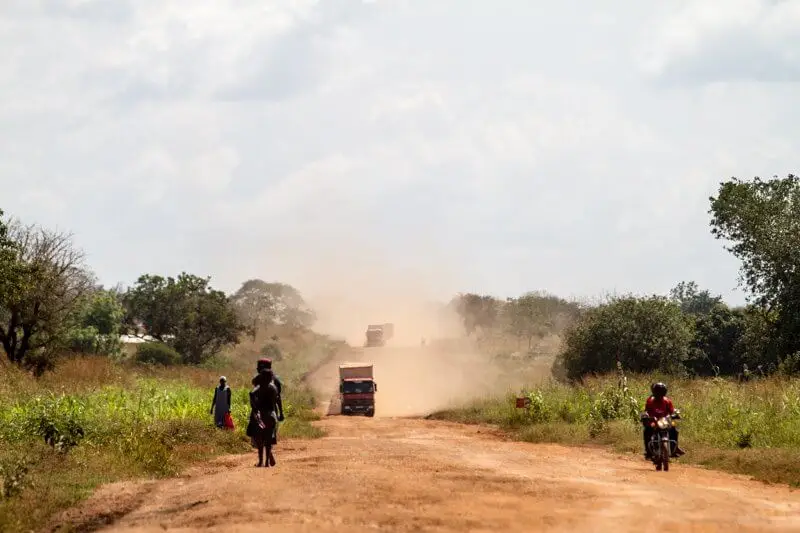The African Continental Free Trade Area (AfCFTA) is one of the greatest examples of Pan-Africanism since the creation of the African Union (AU). The agreement has acquired the signatures of 54 of the AU’s 55 member-states, bringing together an impressive domestic market of more than 1.2 billion people with a collective GDP of $2.6tn.
The logic behind the deal is sound.
Africa is, by most standards, the least integrated continent, where internal trade currently accounts for just 16 percent of its total trade volumes. The potential benefits of liberalised trade across the continent, from the Atlantic to the Indian Ocean, Cape Town to Cairo, could be substantial. Evidence suggests the removal of tariffs, supplemented by trade facilitation initiatives, could boost intra-African trade by 52.3% or $34.6bn by 2022.
However, the benefits are far from guaranteed, and the continent now faces the task of implementing the agreement. The deal stipulates signatories eliminate tariffs on 90% of goods and address a plethora of non-tariff barriers (NTBs), which will in turn tackle the comparatively high cost of trade across the continent.
High cost of trade in Africa
This latter point is crucial to Africa’s success.
Recent studies published by the United Nations Conference on Trade and Development (UNCTAD) and the World Bank suggest that NTBs prove more of an impediment to trade than tariffs do. In fact, the UNCTAD says that by tackling NTBs, African countries as a group could see gains of $20bn each year.
Higher levels of internal trade will help wean Africa off its reliance on the external markets so exposed by the pandemic.
Yet COVID-19 has brought on additional challenges.
The agreement demands the free movement of goods, services and people, which the virus has momentarily rendered impossible. Strict lockdown measures are preventing people from going to work. Consumption is down as they are confined to their homes. Governments will be hesitant to open up to pre-pandemic levels before therapeutic treatments are found lest a vaccine is not approved.
While international efforts have proven promising, scientists all over the world have been quick to caution patience. We may not see a mass-market vaccine for another 12 months.
All this means the treaty’s original start date of 1 July has been postponed until at least January 2021 as governments look to quell their own epidemics.
Ethiopia should be importing masks from Nigeria, not China.
The challenges induced by the virus have underscored the need for such an arrangement. However, this should be used as an opportunity for countries to address the challenges presented by COVID-19, while better preparing for AfCFTA implementation to expedite its introduction.
Pandemic offers chance to strengthen internal trade
For starters, higher levels of internal trade will help wean Africa off its reliance on the external markets so exposed by the pandemic. Ethiopia should be importing masks from Nigeria, not China.
While many businesses are struggling with a collapse in demand, others are showing ingenuity in their ability to adapt. Companies previously deemed ‘non-essential’ are providing much needed services in high demand.
Alexander Nshimiyimana, a tailor in Kigali’s main market, is using kitenge, a kaleidoscope -like local fabric to manufacture attractive and affordable face masks. It is vital cross-border trade continues to allow the free flow of essential supplies, like the masks made by Alexander, in this battle against COVID-19.
Work like TradeMark Africa’s (TMA) Safe Trade Emergency Facility is supporting exactly this. The initiative looks to foster public-private partnerships and provide information at major border crossings, helping keep traders safe and goods flowing. Programmes such as these not only facilitate trade during the pandemic, but could have lasting benefits beyond it.
Mobile testing labs at ports and key border crossings, and the provision of personal protective equipment for the staff working them, are simple but effective ways to prevent these points from becoming virus hubs. As are the introduction of hygiene amenities, surveillance systems and quarantine facilities for truck drivers.
Digital solutions also have an important role to play, driving efficiency and reducing the need for physical human contact. In Kenya, telecommunications firm Safaricom has already implemented a fee-waiver on its M-Pesa product to encourage the use of mobile money.
Just as important is policy harmonisation and mutual recognition. An insistence that truck drivers are tested on both sides of the Kenya-Uganda border led to 30 kilometre tailbacks. Cooperation between lawmakers can prevent much-needed goods sitting at border crossings for weeks on end and save lives.
We already know such programmes can deliver. TMA has introduced various trade-related initiatives over the past ten years, resulting in tangible reductions in the time and cost of trading within the region. Among the successes recorded during this period are a 70% reduction in the average time to cross borders, and a 3.2 day and $62 saving in clearance times and costs along key corridors of the East African Community.
Quicker transit times
The implementation of electronic cargo tracking along the Northern Corridors traversing Kenya, Uganda, Rwanda, DRC and South Sudan has shortened transit times from 11 to four days from Mombasa to Kampala. Meanwhile, the automation and digitalisation of customs management processes in Uganda has led to a 75% reduction in transit and clearance times, as well as a financial saving of $56m annually.

TMA is building on these digitisation results to meet additional COVID-19 challenges. The truck driver testing issue has caused massive delays at borders and TMA aims to introduce a tracking application linked to the Regional Electronic Cargo Tracking System (RECTS) platform so that monitoring of the truck and driver will be possible. The app will capture health and sanitation protocols that have been agreed.
Bottom line: COVID-19 has thrown up additional challenges for Africa when it comes to implementing the AfCFTA.
But, through a strong focus on trade facilitation measures that promote safe trade, there is a huge opportunity to lay strong foundations for the AfCFTA in the coming weeks and months, while also supporting the continent’s response to the pandemic.


